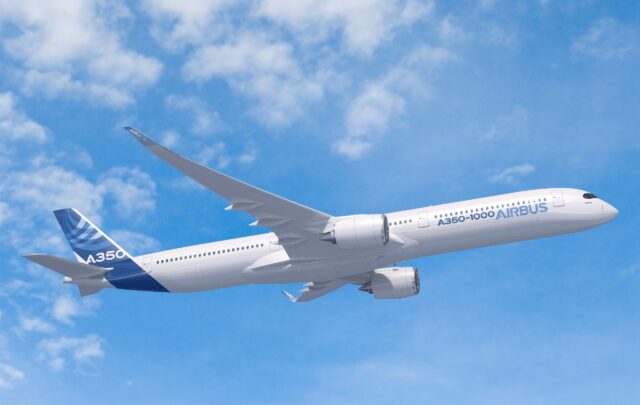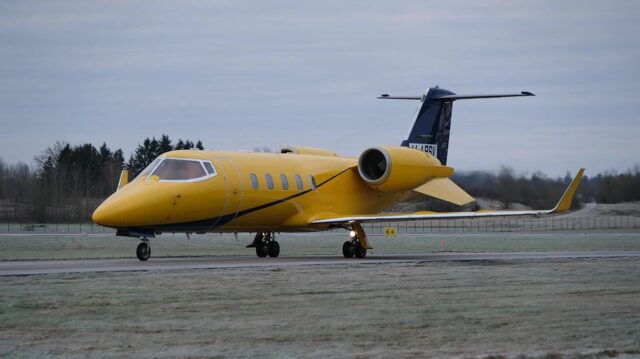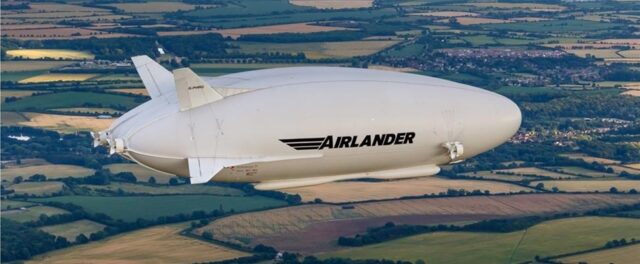Urgent action needed to meet 10% SAF by 2030 target
A UK SAF industry could meet the requirements of a UK 10 per cent mandate by 2030, providing a springboard for further advances and helping reach net zero aviation by 2050,…

A UK SAF industry could meet the requirements of a UK 10 per cent mandate by 2030, providing a springboard for further advances and helping reach net zero aviation by 2050, according to Sustainable Aviation (SA).
However more support is required to reach this goal, the alliance of UK airlines, airports, aerospace manufacturers, air navigation service providers and SAF producers said.
The UK has sufficient SAF feedstocks (e.g., household, commercial, agricultural and forestry waste and waste industrial gases) for domestic production to meet well over the 10 per cent UK SAF mandate by 2030, as well as the expected UK aviation demand for SAF in line with a 2050 net zero trajectory.
Shortfalls
However, announced UK SAF projects would be able to meet only around 50 per cent of mandated demand by 2030, and still require further policy support to be built.
A reliance on imports to close the gap would face stiff competition in the face of global demand from EU mandates and targets being set in the US, Japan, Turkey, Canada, Australia and others.
Sustainable Aviation Chair Matt Gorman, said: “Working in partnership with government we have seen significant strides taken towards delivering a UK SAF industry with the £165m Advanced Fuel Fund supporting first-of-a-kind plants, confirmation of a SAF mandate and a clear target within the Jet Zero Strategy for 5 UK SAF plants under construction by the middle of this decade.
“The UK is on the cusp of something special, with a SAF industry capable of supporting over 20,000 UK jobs and generating £3bn in GVA by 2035, helping aviation decarbonise and strengthening our fuel security. But we need the final pieces of the puzzle in place, with new SAF capacity built and delivering SAF this decade.”
Clock ticking
Heathrow Airport CEO, John Holland-Kaye, said: “UK aviation is committed to net zero and with the clock ticking, the faster we ramp up supply and use of sustainable aviation fuels, the quicker we can decarbonise.
“We’ve got 10 per cent SAF usage by 2030 in reach but the missing link is a price support mechanism. If Government can act fast with policy support, we can foster investment in UK SAF, breathe life into a new British industry and help protect the benefits of flying for future generations.”
Kevin Craven, CEO, ADS Group said: “The aerospace industry is investing heavily in the next generation technologies needed to deliver net zero flight. To make the UK a leader in green aviation and maximise the jobs created here in the years ahead, the support of government to deliver infrastructure, manufacture sustainable fuels and develop revolutionary technologies like electric and hydrogen propulsion will play a vital role.
“Delivering large scale UK production of sustainable aviation fuels has the potential to both ensure aviation meets the interim target of cutting emissions by 15 per cent by 2030, and to create 20,000 jobs.”
Subscribe to the FINN weekly newsletter
















